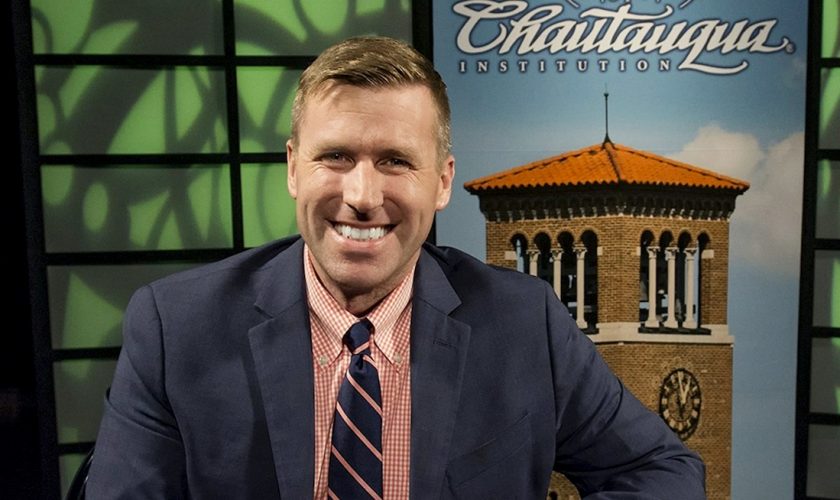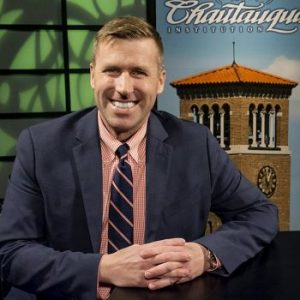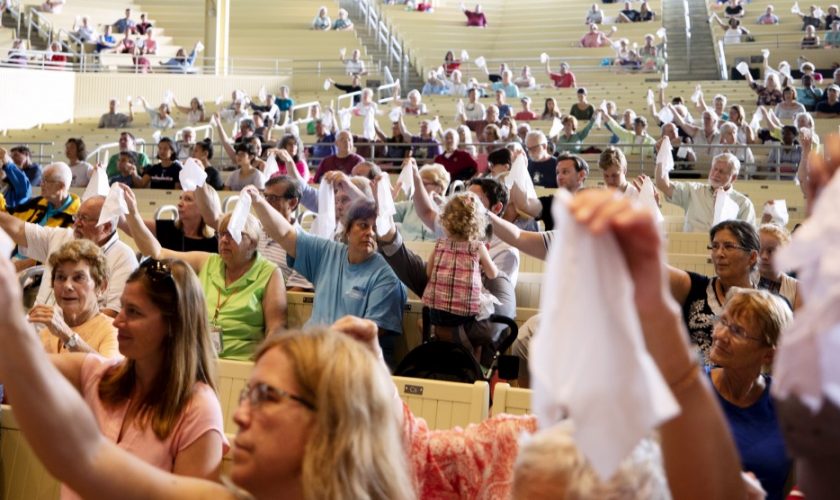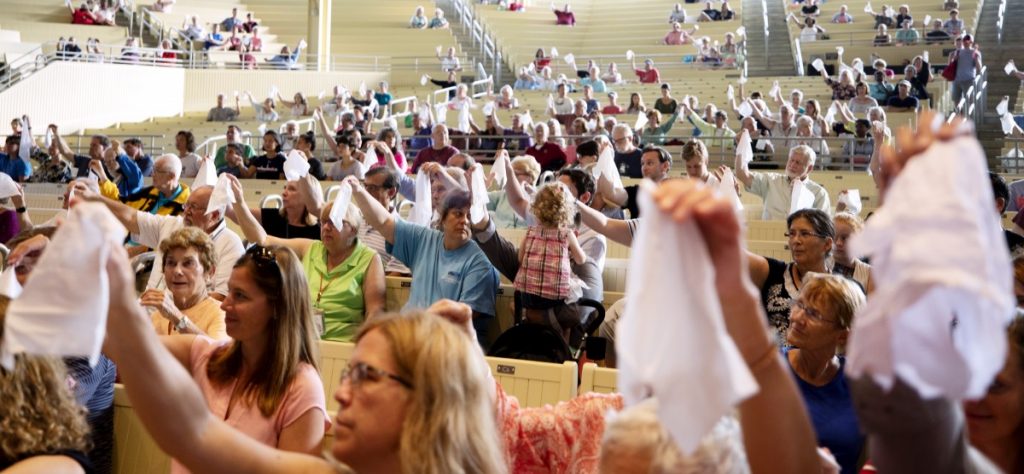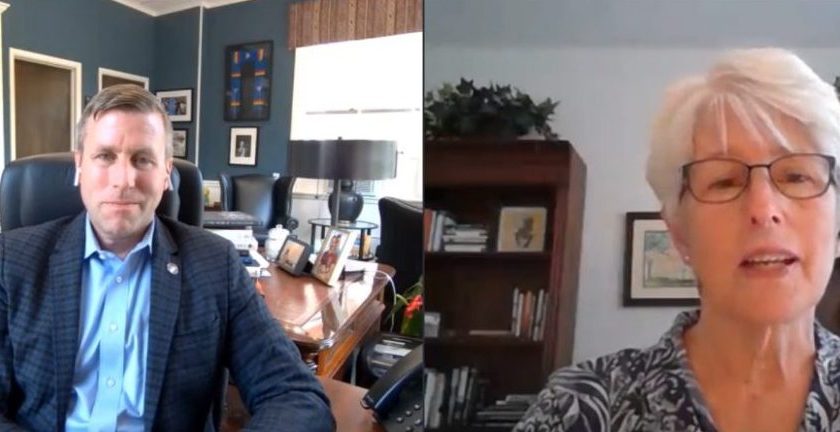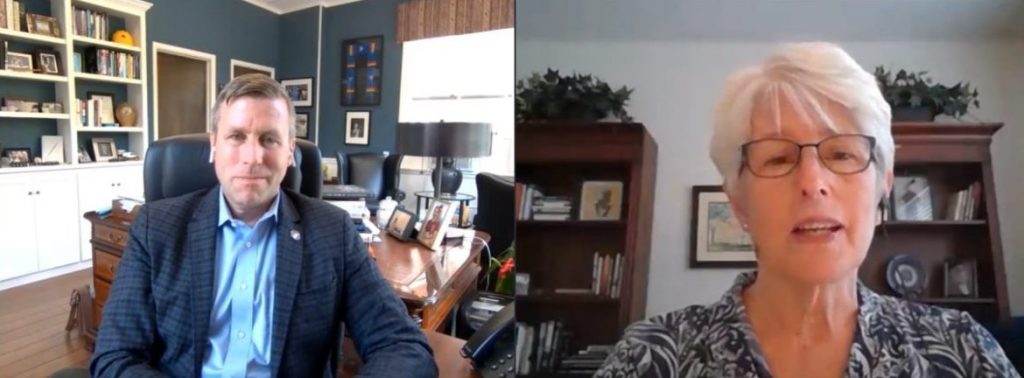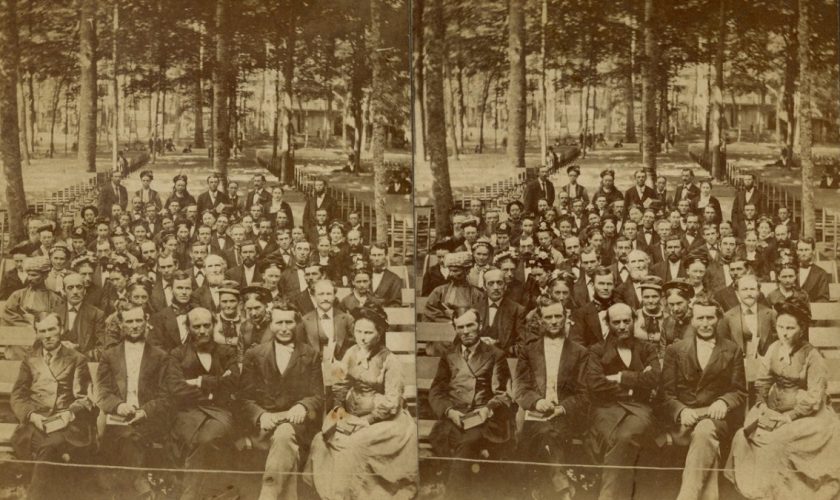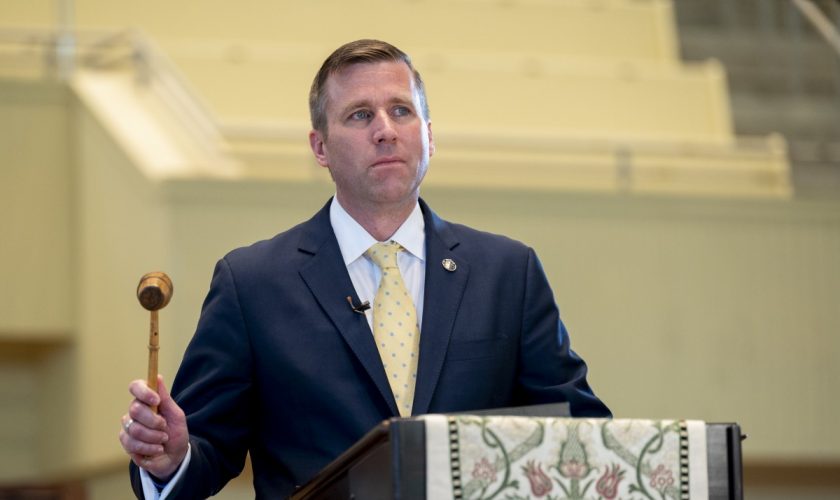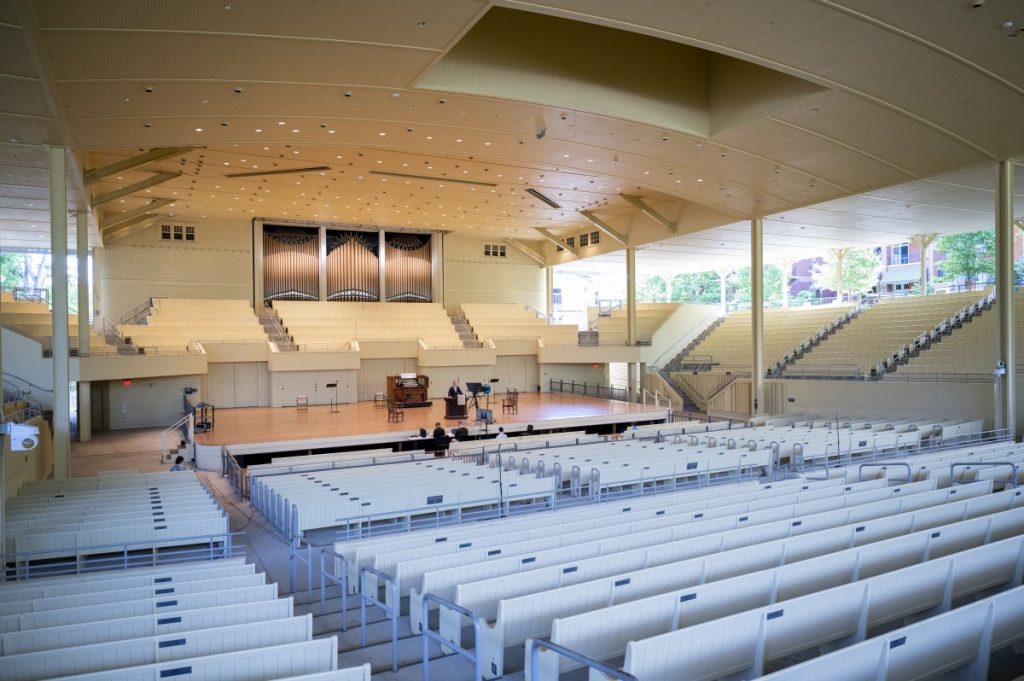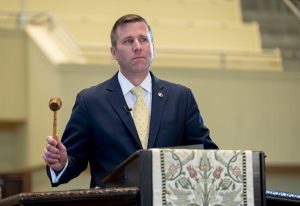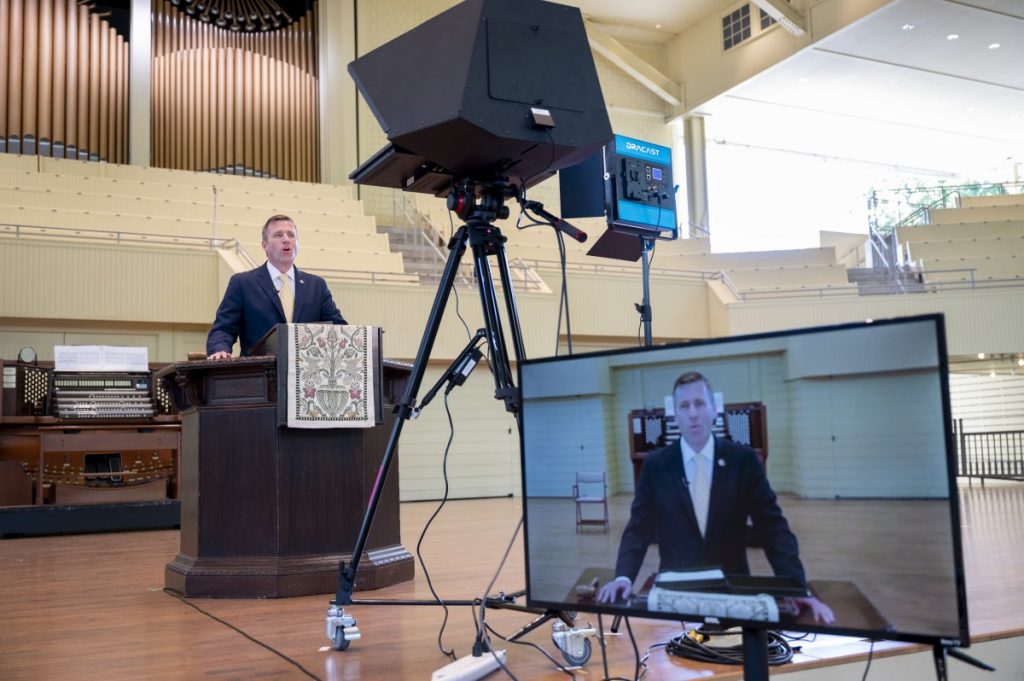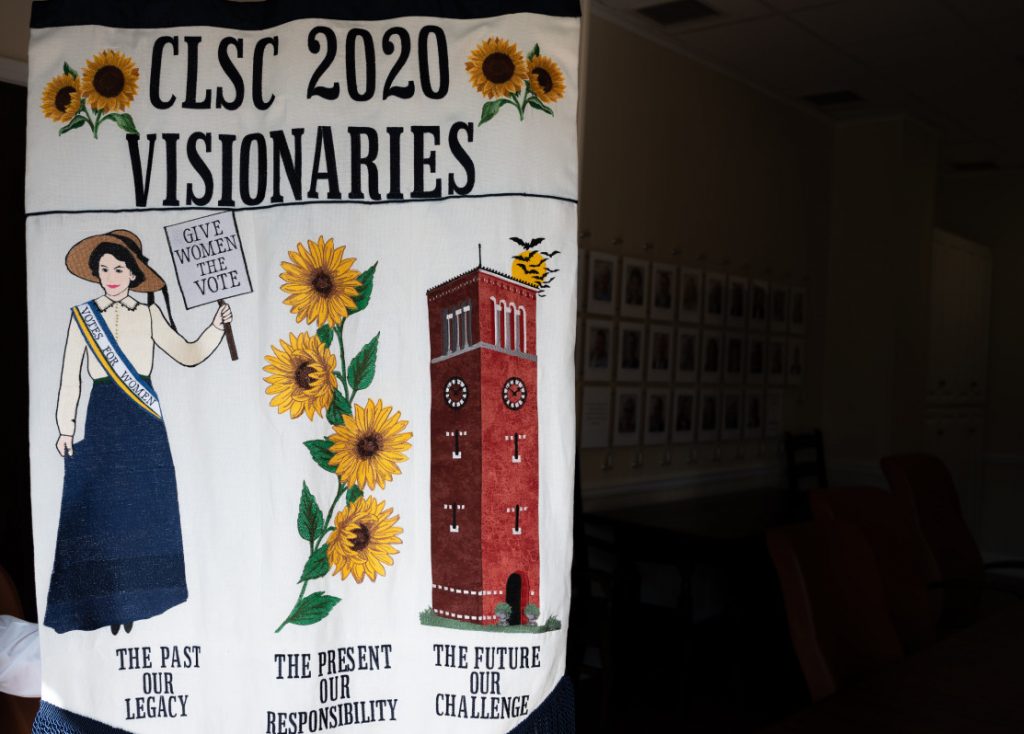
Though its customary parade to and from the Hall of Philosophy may be absent, the Chautauqua Literary and Scientific Circle’s Recognition Day will carry on anyways, bringing the pomp and circumstance of its predecessors to a virtual setting.
This year, for Recognition Day, the CLSC Class of 2020 will don white outfits and flip open their laptops as the class — also known as “The Visionaries” — prepares to graduate.
“I’ve been part of Chautauqua all of my life,” said Margo Stuart, the president of the Class of 2020. “My father was born here, so I spent my summers in Chautauqua. So it’s important to me to be part of this history, to be part of the CLSC.”
And although the majority of festivities surrounding Recognition Week have been canceled, Stuart said she looks forward to unveiling her class’ banner, which bears the words, “The past, our legacy. The present, our responsibility. The future, our challenge.”
“I would like people, especially women, to view the banner as a walk through our stages of life,” she said. “In our past, the suffragettes fought for the right to vote and to organize protests, and they won.”
In order to honor the suffragettes, graduates — this year totaling 85, in addition to 92 graduates across all six levels of the Guild of the Seven Seals and 10 in the inaugural Vincent Echelon level — were asked to add an element of gold or yellow to their ensembles, and at 3:30 p.m. EDT Wednesday, Aug. 5, on the CHQ Assembly Virtual Porch, the CLSC Recognition Day Ceremony will commence, honoring a more-than-a-century-old tradition of reading. Chautauqua Institution President Michael E. Hill will deliver an address to the graduates during the ceremony.
“When we learned that the season was going online, it wasn’t a question for us that the CLSC Recognition Day would go online, and that it would be a priority for us,” said Sony Ton-Aime, Chautauqua’s director of literary arts. “It’s very important for us to honor and celebrate the graduating class.”
The virtual ceremony will strive to imitate its real-life counterpart in as many ways as possible, Ton-Aime said, because “we want graduating from the CLSC to feel the same as it has for the last 100 years.”
“The ceremony is quirky and charming, and it’s really what draws a lot of people’s attention to the CLSC here on the grounds,” said Stephine Hunt, manager of the CLSC Octagon. “But we’re hoping that with this virtual ceremony, we’ll reach a wider audience than would otherwise be possible.”
Hunt said the CLSC has attained such longevity and importance in part because of the values of the Chautauquan ideal.
“We started out as a degree-granting program mostly for women who were looking to get a position as a teacher or a secretary in townships, as people moved westward in the U.S.,” she said. “Once we stopped being that correspondence degree program, I think it’s the Chautauquan spirit that has really fostered a zeal for lifelong learning.”

For 2020, Hunt said Supreme Court Justice Ruth Bader Ginsburg was chosen as the class honoree, because “she’s celebrated as a visionary and an inspirational woman.”
Chautauqua Literary Arts, housed in the Department of Education, chooses nine books of literary merit for each CLSC summer season, Hunt said, that address the themes of the week as well as the theme of the year — which, for 2020, was “This Land.”
“The books need to cover the literary and scientific fields that are in our name,” Hunt said. “Our goal is for these books to continue to encourage our members to pursue lifelong learning, through a love of literature. I think the CLSC has continued in part because of that Chautauquan spirit, which really propels people to continue lifelong learning.”
Hunt said that the class attributes and symbols are decided the summer before graduation in class formation meetings.
“We’re now in the process of forming the Class of 2021,” she said. “So if anyone is interested in graduating next summer, now is the time to take part in those decisions. They’ll really inform the creation of the next banner and everything the class stands for and celebrates.”

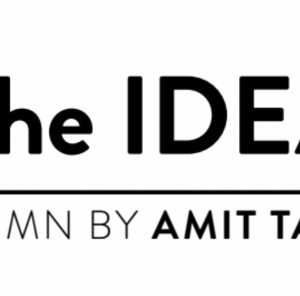
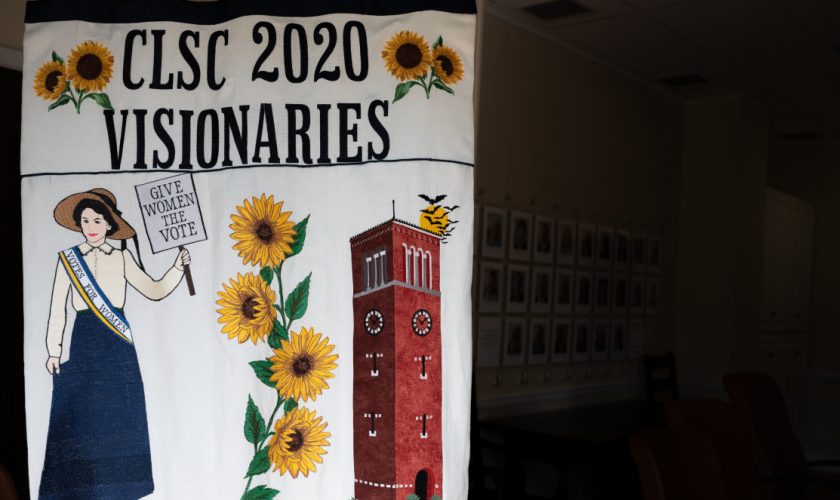
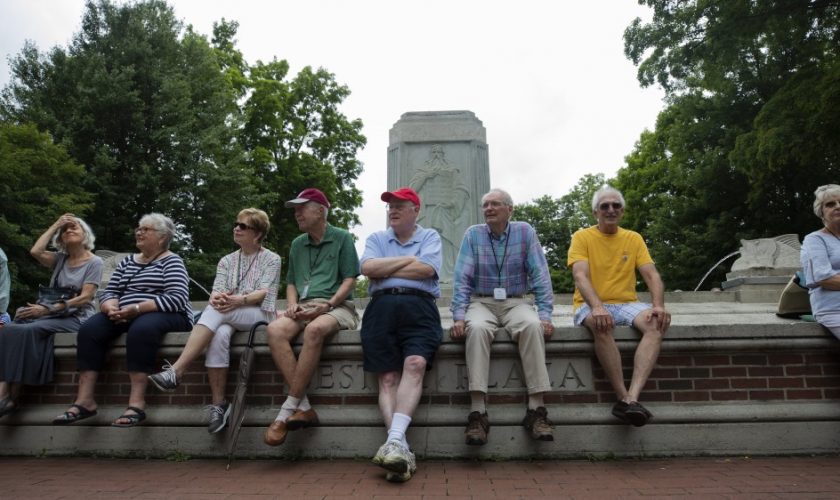




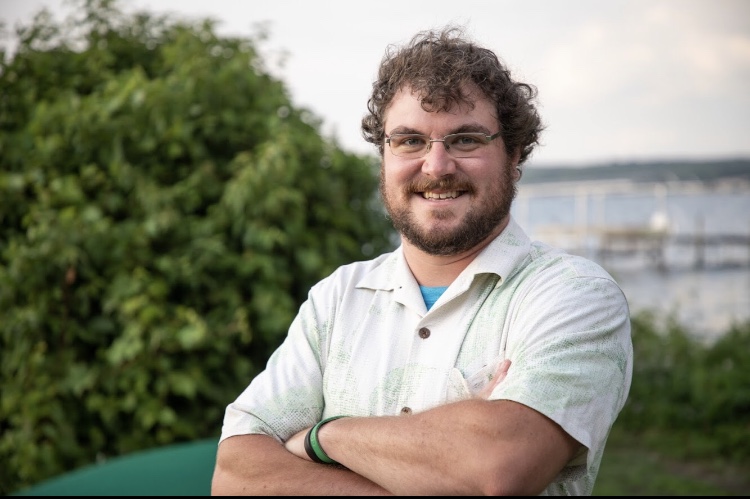
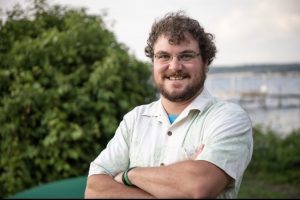
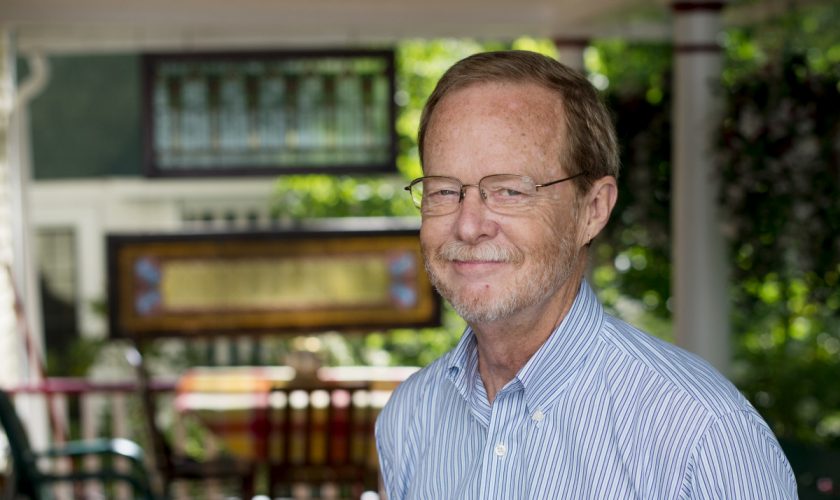
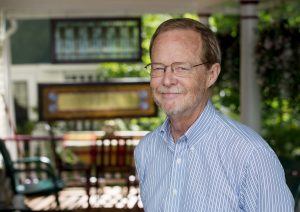
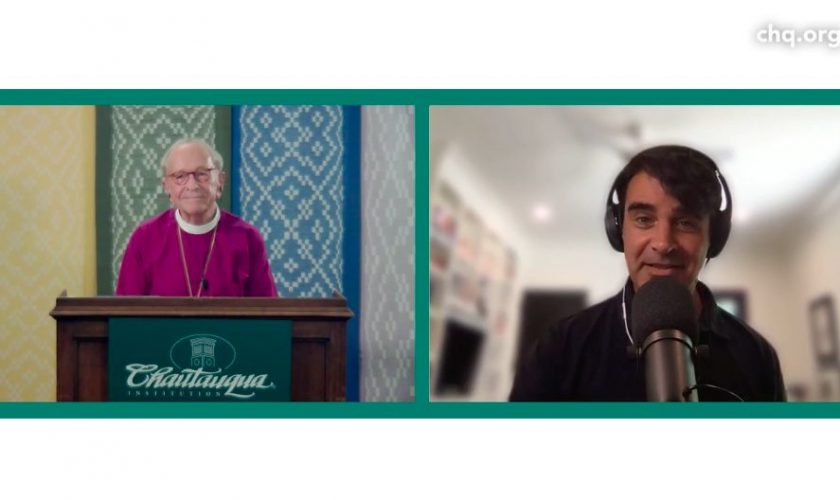
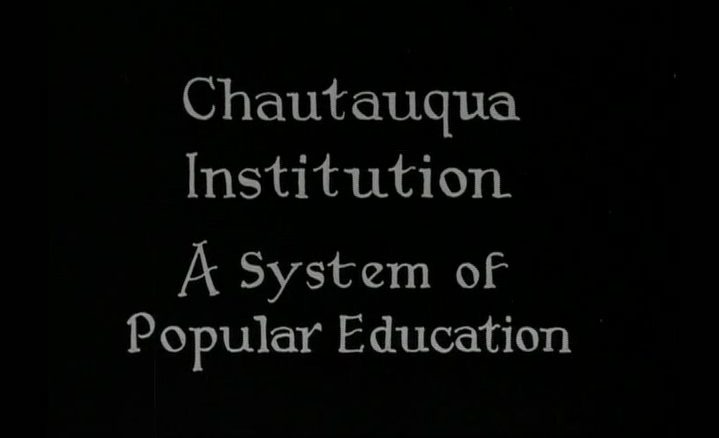
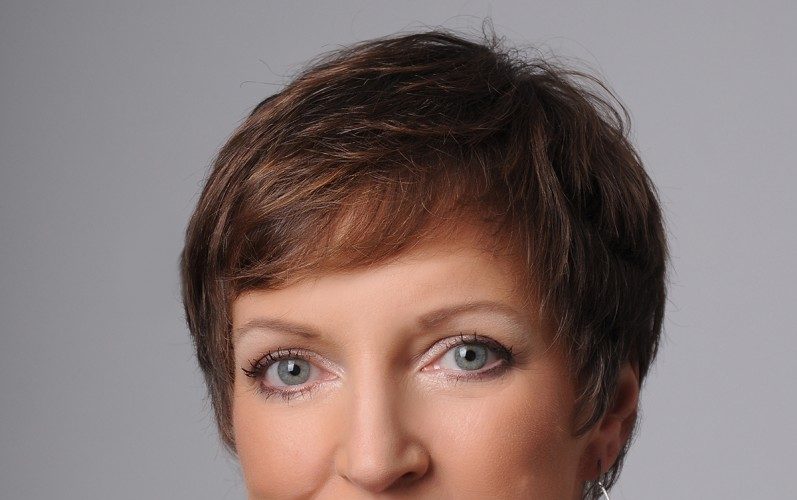
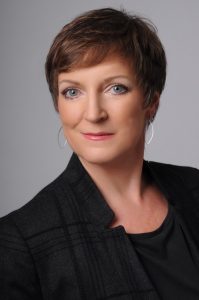
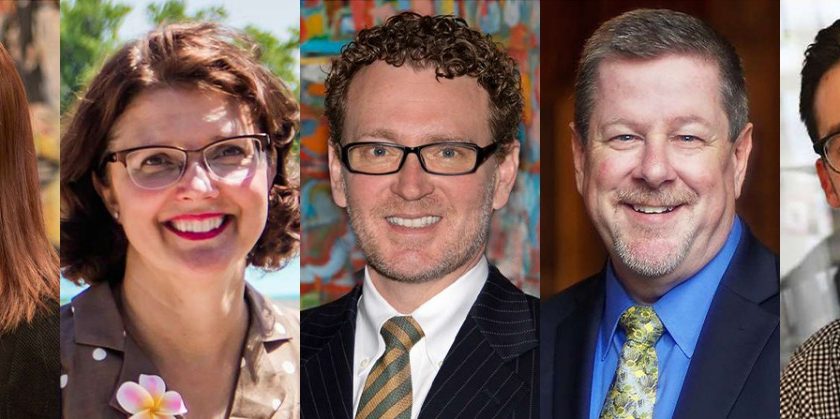
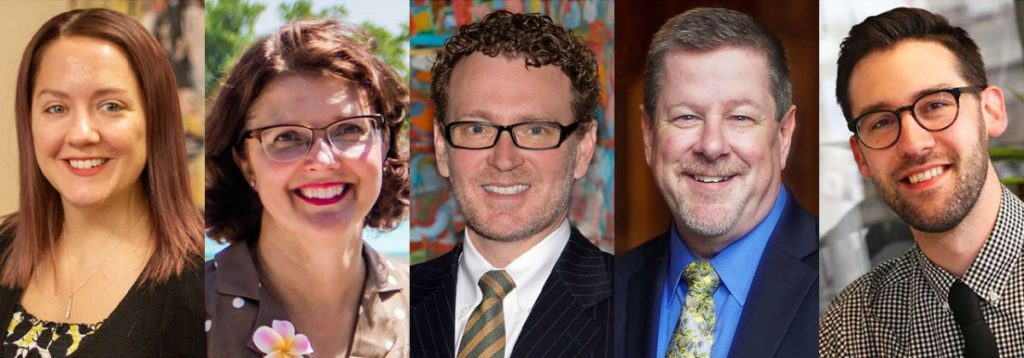

 Each summer, more than 10 million kids in America spend their days at camps or youth programs exploring outside, making friendship bracelets and tie dye T-shirts, playing games with friends or learning new skills and hobbies.
Each summer, more than 10 million kids in America spend their days at camps or youth programs exploring outside, making friendship bracelets and tie dye T-shirts, playing games with friends or learning new skills and hobbies. 